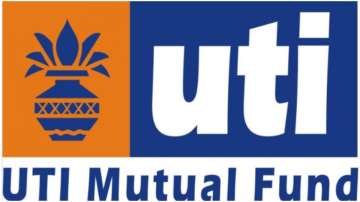Three mutual fund houses UTI MF, Nippon India MF and PGIM India MF on Friday decided to side-pocket their exposures to Yes Bank bonds following the rating downgrade of troubled private lender's debt instruments.
This is subject to approval from the board of trustees of respective fund houses.
The move will prevent the distressed assets from damaging the returns generated from more liquid and better-performing assets.
The development comes following the downgrade of debt instruments of Yes Bank to 'D', which is below investment grade, by rating agency ICRA.
In a statement, UTI MF said it has proposed to create a segregated portfolio in respect of debt securities of Yes Bank in its two schemes — UTI Credit Risk Fund and UTI Medium Term Fund — effective from Friday, subject to approval from the Board of Trustees.
Nippon India MF has also proposed to create segregated portfolio of securities of Yes Bank held in the schemes with effect from Friday.
Further, processing of subscriptions and redemptions in the schemes would be suspended on the day of the credit event (March 6, 2020) till trustees approval for segregation is received, it added.
In view of the downgrade of the securities to default grade, the PGIM India has proposed to segregate its holdings from Friday.
In December 2018, regulator Sebi had permitted mutual funds to create segregated portfolios, or side-pocketing, with respect to debt and money market instruments. In case of a credit event that is a credit downgrade, like below investment grade and similar, segregated portfolio may be created.
Creation of segregated portfolios is a mechanism to separate distressed, illiquid and hard-to-value assets from other more liquid assets in a portfolio.
Watch | Steps are taken in interest of depositors, bank and economy: FM Sitharaman on Yes Bank crisis
Latest Business News
